Very often, the media makes something seem like a bigger deal than it actually is. And sometimes, because the media makes something seem important, it actually becomes a real-life battle. Quite the vicious cycle. In my eyes, that’s how the so-called Mommy Wars exploded into the disaster that it is today.
It’s my understanding that the Mommy Wars originally started as a battle between who was a ‘better’ mom: working moms or stay-at-home moms. But it’s extended to involve all sorts of topics: natural birth versus medicated birth, hospital birth versus home birth, breastfeeding versus formula feeding, extended breastfeeding versus weaning, vaccinating versus refusing, disposable diapers versus cloth, attachment parenting versus … unattachment parenting? Whatever. The point is that not only does the media love to flame these ‘wars,’ but some women really seem to love to fight ‘em.
I knew the Mommy Wars existed before becoming a mom, but I didn’t realize how bad it was until Henry was born. Thankfully, I get very little warring in the comments section of this blog – I think most of you understand that although I have strong opinions about many of the topics listed above, my opinions are personal opinions, and I do not think I know what’s best for any mommy or family besides myself and my family. But still, I’m human – I have my judgmental moments; I try to keep them in check. Others… not so much.
Before becoming a mommy myself, I wondered where this ‘I know better than you’ attitude came from. Now that I am a mom, I have a theory: Deep down, no mommy feels 100% confident in her choices, and by taking a ‘hard line’ about certain parenting ideologies, many mommies end up feeling better about their decisions. By bringing someone else down a peg, they build themselves up. The Mommy Wars is just a way to cover up our insecurities. Warring is a way to convince ourselves that we do, in fact, know better.
I spend a notable amount of my parenting time feeling like I don’t know what I’m doing. I e-mailed friends and asked if this is common, and they all admitted that yes, mommies occasionally feel helpless and unsure and out of place. One of the worst things in our society seems to be admitting that you don’t know what you’re doing – especially when you’re a mom. Having a strong opinion – even a judgmental one – is perceived as better than being unsure.
Moms aren’t allowed to say they don’t know what they’re doing. What kind of mother doesn’t know what she’s doing? And an extension of this issue is that our society stops treating moms – and pregnant women, for that matter – as individuals with their own needs and desires. You are expected to give it all up for your child; your life is supposed to revolve around your child (I don’t think this occurs to such an extent in other countries; I would love international readers to weigh in). If you’re pregnant and drink a coffee, you are a horrible person. Heaven forbid you stop breastfeeding at three months because you simply need more freedom. You’re selfish. Or you leave your baby with his father to go out to lunch with friends? Again – you’re self-absorbed. You want to go to the gym and exercise for an hour? Selfish, selfish, selfish. I think what happens as a result of this attitude is that our self-worth gets terribly wrapped up in our children. How can this not flame the Mommy Wars? If our entire life is about our child, we start to think in very black-and-white terms. We need to be justified in our choices. We’re women – we’re competitive. We need to be the winning mommy.
Again – these are just my theories.
The result of the Mommy Wars is that women on all sides end up feeling ashamed for their actions, no matter how great the reasons behind their choices. Look, being a mommy is hard enough. We don’t need to walk around feeling like crap because we don’t want to or couldn’t breastfeed, had an epidural, use disposable diapers, want to exercise, or just need someone else to hold the baby for five minutes while we take a freakin’ shower. As women, we aren’t doing each other or our children any favors by being judgmental and harsh. What works for you may not work for someone else. Even if you don’t agree with or can’t understand someone else’s reasons, they are their reasons. And having an identity outside of children is a very, very good thing – not something to be berated for.
You know what makes someone a bad mommy? It’s not giving a baby formula or co-sleeping or going back to work. It’s emotional and physical abuse. Everything else is simply a different way to parent.
However, there is a Mommy War worth fighting. Compared to other developed countries, it is extremely hard to be a parent in America. We’re all about so-called ‘family values,’ but we fail our families in the most basic ways.
-
Women still aren’t paid the same as men. Non-mothers earn 10% less than their male counterparts; mothers earn 34% less; and single moms earn between 34 – 44% less (source).
-
Research from the American Sociological Review shows that on average women who breast feed for six months or more are penalized at work with a long-term significant loss of wages. That’s because our country has a distinct lack of policies to protect an employed mother’s right to breast feed on the job.
-
There is a distinct lack of affordable, high-quality daycare in our country, which results in financial hardship for many hardworking families.
-
We have some of the worst maternity benefits in the entire world. Out of 178 nations, the U.S. is one of three that does not offer paid maternity leave benefits – the other two countries are Papua New Guinea and Swaziland (source). The Family and Medical Leave Act of 1993 protects a mother’s job for 12 weeks but does not require pay; however, if you work part-time, work for a small company, or have worked at the company for less than a year, the FMLA does not apply, and you’re completely screwed. About 50% of the workforce isn’t protected under the FMLA (source). Our poor maternity benefits have little to do with the amount of taxes we pay or e-file in April – it’s about how our taxes are spent (other countries with lower tax rates provide much better benefits than those in America), as well as the laws that companies must abide by. Some argue that maternity and paternity benefits should not be the responsibility of companies or the government, but I think the facts speak for themselves: when your leave is shorter, you’re at greater risk for post-partum depression, may breastfeed for a shorter amount of time, may face significant financial hardship, and may be forced to quit the workforce entirely. And short maternity leaves have a negative impact on our entire society. Protecting mothers’ and fathers’ leave rights is everyone’s responsibility. And look – I get it. Having a child is a choice; I don’t expect the government or a company to pay for my children. But the fact that nearly every other country has figured this out and we haven’t is sad.
(Source – Side note: this chart may vary from your experiences because of additional benefits offered by your company)
-
Our paternity benefits are equally horrifying. Most than 50 nations also guarantee paid leave for new dads; America offers dads no guaranteed job protection, let alone pay (source). Happy dads = Happy moms.
-
Plus many, many other issues.
The problem with the Mommy Wars is that it is very distracting. We spend our valuable time and energy attacking each other for parenting choices – and, when it comes down to it, unless we’re abusing or emotionally destroying our kids, we’re all pretty decent parents. Instead of fighting each other over issues that really do not matter, it’s time we start supporting each other. The real Mommy War isn’t against each other – it’s against institutions and rules that make it hard to be a mother and father and hurt our and our children’s quality of life.
All that being said – here’s my promise. The next time I feel the need to attack another mommy, I’ll ask myself: Why am I doing this? Is this really about me, not her? I’ll remember that what all moms really need is a freakin’ break. And then I’ll continue to lend my support to organizations like Moms Rising, vote for politicians who really support family values, and frequent businesses that are mom- and dad-friendly.
If we channeled all the energy we spend judging each other and focused it on issues that matter, I really think we could create positive change. And that, my fellow women, is something that is actually worth fighting for.
(Disclosure note: e-file link is an HTP sponsor.)

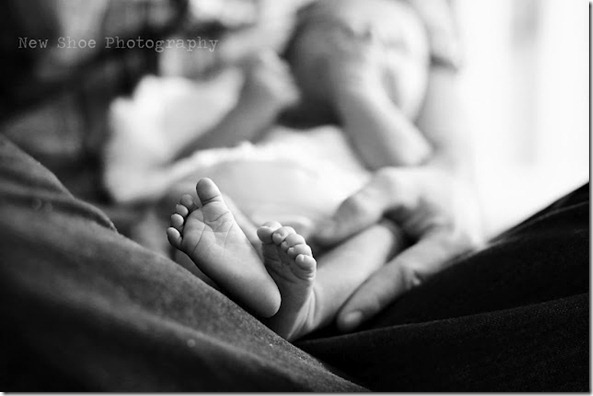
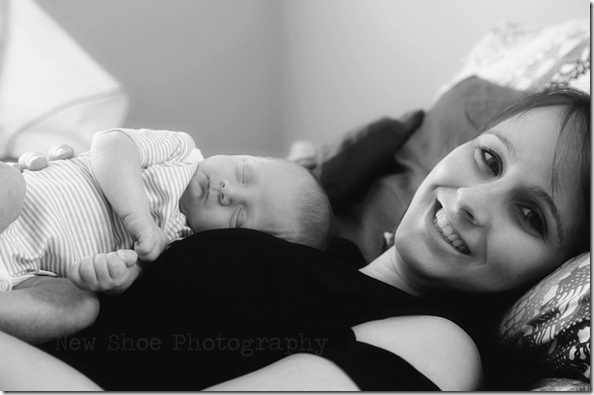
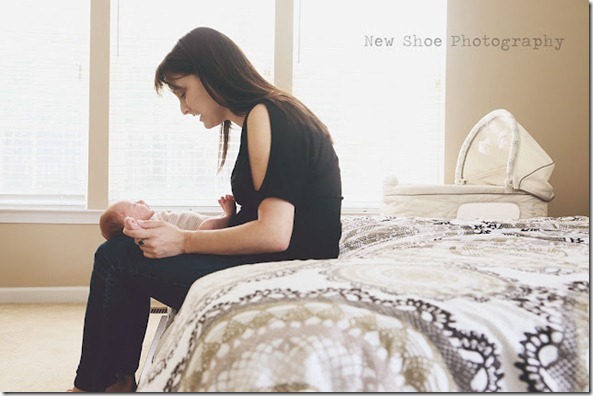
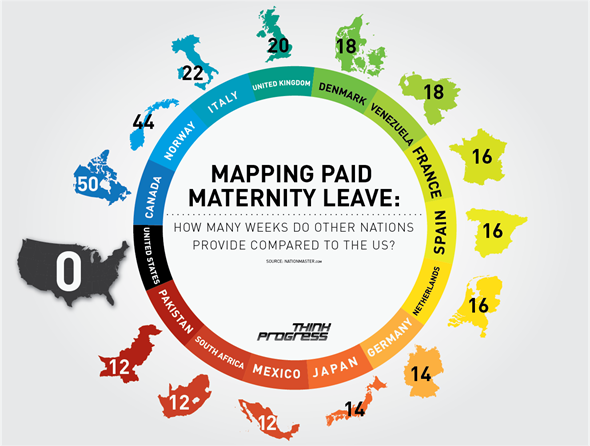
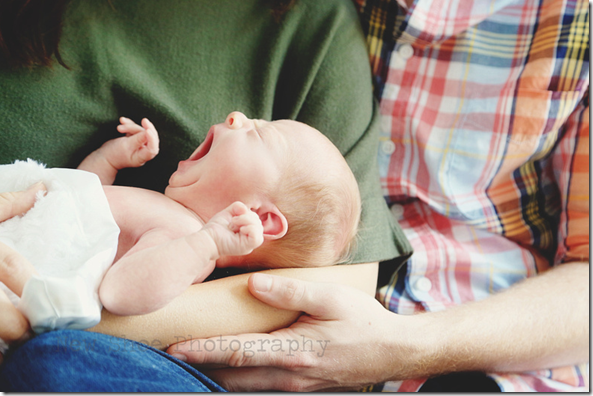
Whew, Caitlin – amazing post!!!! I don’t even have kids, and aren’t even sure I want them – but that was a great one. I love your balanced and level-headed way of looking at topics that tend to be controversial. Very inspiring!